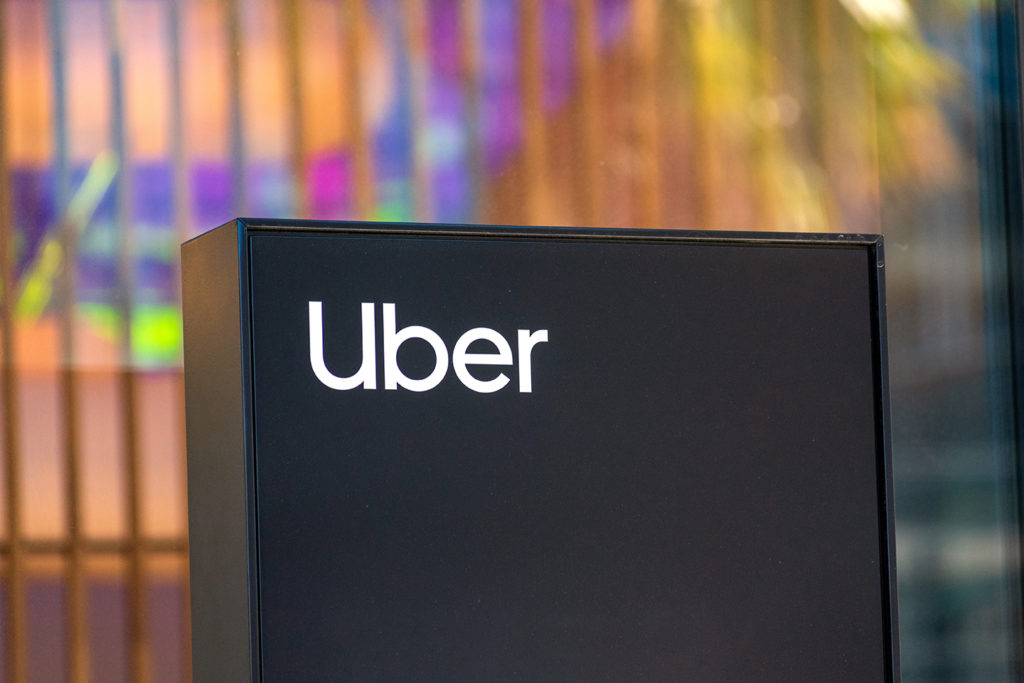At The Supreme Court last month, Uber drivers were classified as workers. Uber’s initial response to the outcome was lukewarm at best and dismissive at worst.
To commentators in employment law, it seemed as though they didn’t understand the scale and implications of the trouble that they were in. Far from admitting defeat, Uber’s leadership highlighted that the judgement was based on a small group of drivers that took action in 2016. Most others watching felt that this was far from true.
Uber Seemed Unconcerned. What Changed?
The Supreme Court is, quite simply, the highest court in the land, and it had decided that Uber was on weak foundations. Most troubling for those in the private hire industry was that Uber didn’t even mention in anyway the need to change policies, working practices or the dynamics of their relationship with their drivers.
In our last article, we highlighted a possible clearing in the woods for Uber. In a partnership with the GMB, Delivery giant Hermes created ‘self-employed plus’. This was a landmark step in the right direction for a large logistics company. The scheme includes holiday pay (pro-rata up to 28 days) and individually negotiated pay rates that allow couriers to earn at least £8.55 per hour over the year – 9% higher than the current national living wage.
Union members praised the move, saying that the scheme was sustainable and mutually beneficial.
At the time of writing, it didn’t seem like that was something Uber was considering, perhaps as it would be an acceptance of responsibility. A deal with Uber’s hundreds of thousands of drivers seemed unlikely.
In the world of disruptive technology, however, things change very quickly.
What Have Uber Really Promised?
In an email to Uber customers from the company, the ride-sharing giant said that Uber will now receive holiday pay, pension contributions and a guarantee of the National Living Wage. They added that this was in addition to the benefits available to drivers since 2018, that include free insurance cover for sickness, injury, and maternity or paternity payments.
Uber’s CEO said ‘we hope the path we chose shows our willingness to change’, which is odd as there was never an explicit acceptance of responsibility. This move will affect the gig economy as a whole, of which Uber is the biggest in a sea of very big fish. Union leaders have cautioned that other companies that employ gig workers should follow suit or else. Mick Rix, national officer of the GMB union, said, ‘This is the end of the road for bogus self-employment’.
Does It Address The Supreme Court Ruling In Its Entirety?
Many assert that these landmark changes are not enough. Uber has largely ignored a critical part of the judgement, that drivers are working from the moment they log into the app – irrelevant of whether they get a passenger or not. Frances O’Grady, who heads the Trade Union Congress, accused Uber of cherry-picking from the Supreme Court decision.
The uber app is attractive to users because thousands of drivers are available to potential riders at any moment. The app would not function anywhere near as smoothly without drivers on the road, unpaid, waiting to pick up passengers.
The promise of thousands of available empty cars is a crucial part of Uber’s offering. Drivers will remain unpaid for this time spent idling.
What Are The Potential Outcomes For Uber?
Uber’s failure to pay drivers for time without a rider is in breach of the Supreme Court Ruling. Drivers would be in their rights to challenge Uber’s latest response, which would put Uber right back in an employment tribunal. This would not be an ideal outcome for Uber; it seems unlikely that many judges would be quick to go against a Supreme Court ruling.
A number of commentators have said that any additional costs are likely to be passed onto Uber’s customers. After all, the company did push up prices in California following a similar ruling in the USA. So Uber are showing a ‘willingness to change’ just not at their own expense.


